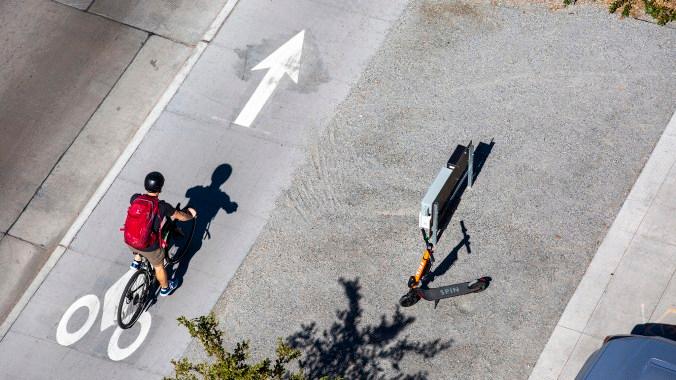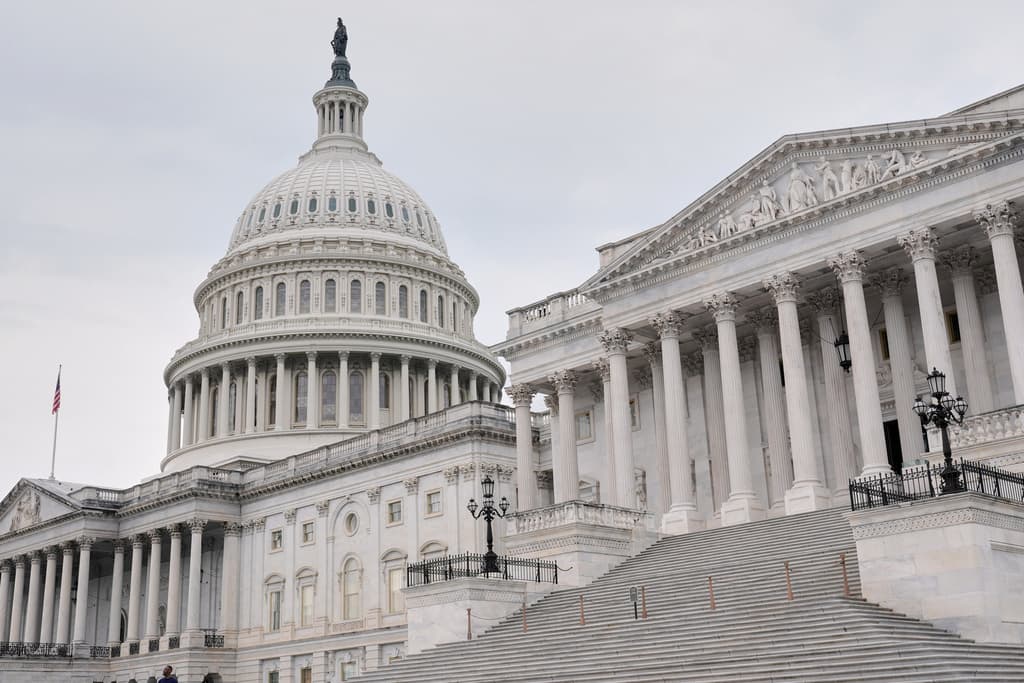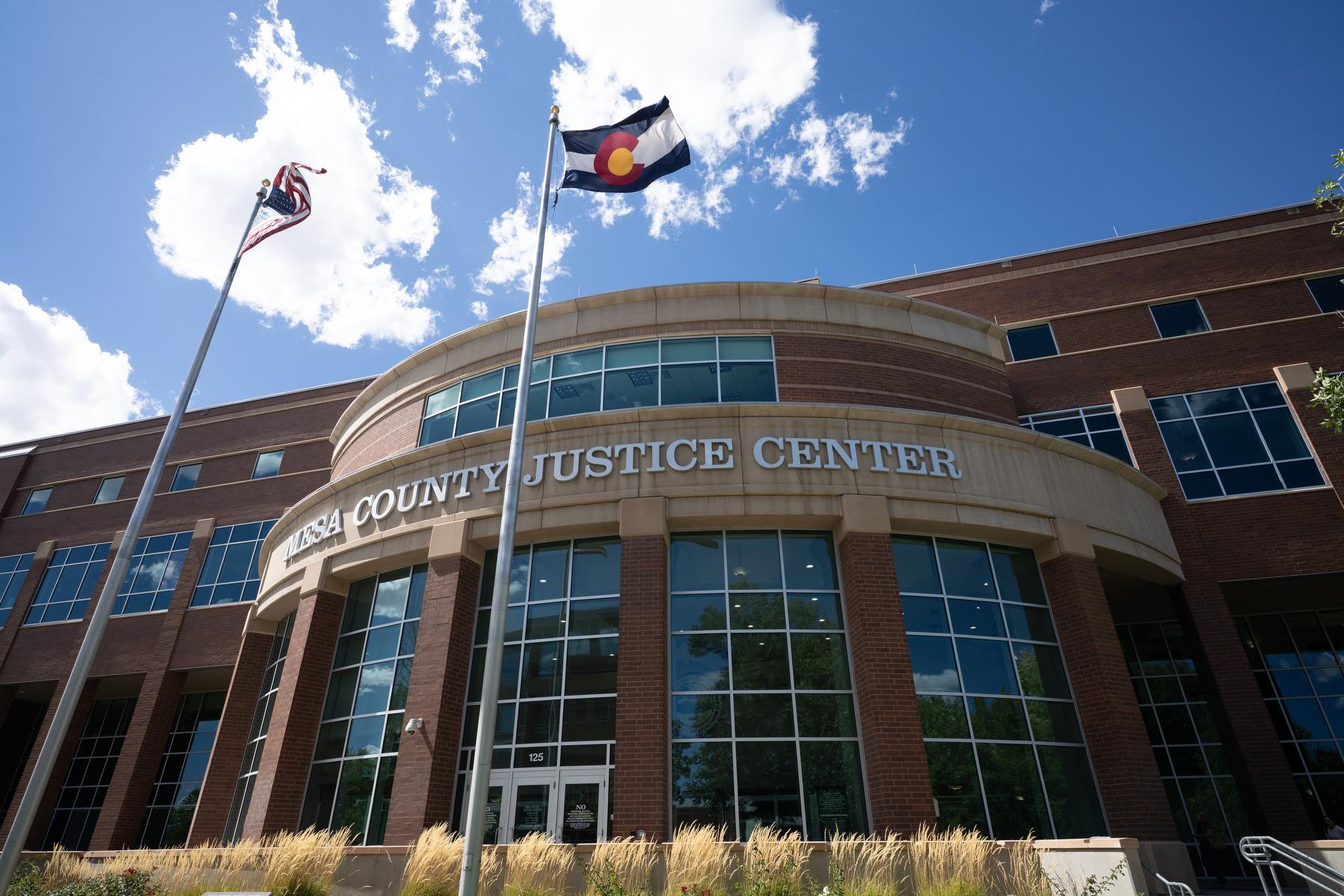
State lawmakers will consider a bill next session that would allow people on bicycles and electric scooters to treat stop signs as yield signs, and stoplights as stop signs.
Colorado’s Transportation Legislative Review Committee adopted a draft bill by a 12-4 vote on Oct. 5, with support from both Democrats and Republicans. It will be introduced in the House next session by prime sponsors state Sen. Faith Winter, D-Westminster, and state Rep. Matthew Gray, D-Broomfield.
“It’s hard to ask a cyclist to pull out a map and know when they are allowed to do something and when they are not,” Gray told the committee.
Under an existing 2018 law, local governments in Colorado can decide whether to allow the safety stop. Cities including Englewood and Thornton have done that so far.
The practice is also known as the “Idaho” stop, after the first state to legalize it. A 2010 study on that law, and Delaware State Police data collected after a similar law passed there in 2017, suggest the change reduces crashes and conflicts between drivers and bicyclists.
“This is a great cost-neutral way to keep bicyclists and other vulnerable road users — those people outside of cars — safe on our roadways,” Jack Todd, director of communications and policy for Bicycle Colorado, told the committee Tuesday.
The author of a 2021 study by the National Highway Traffic Safety Administration, however, had difficulty measuring the law’s impact, and suggested that “related crashes in Idaho neither increased nor decreased over time.”
The Colorado Municipal League, which represents most cities in the state, already opposes the bill. Meghan McKillop, the group’s legislative and policy advocate, said lawmakers should let the 2018 law that allows local governments to decide whether to adopt the traffic rule stand.
“All cities in the state are not made the same,” McKillop said. “They do not all need or want this kind of regulation on their controlled intersections.”
The next legislative session begins in January.
Editor's note: This story has been updated to reflect that the committee vote took place Oct. 5, 2021.









